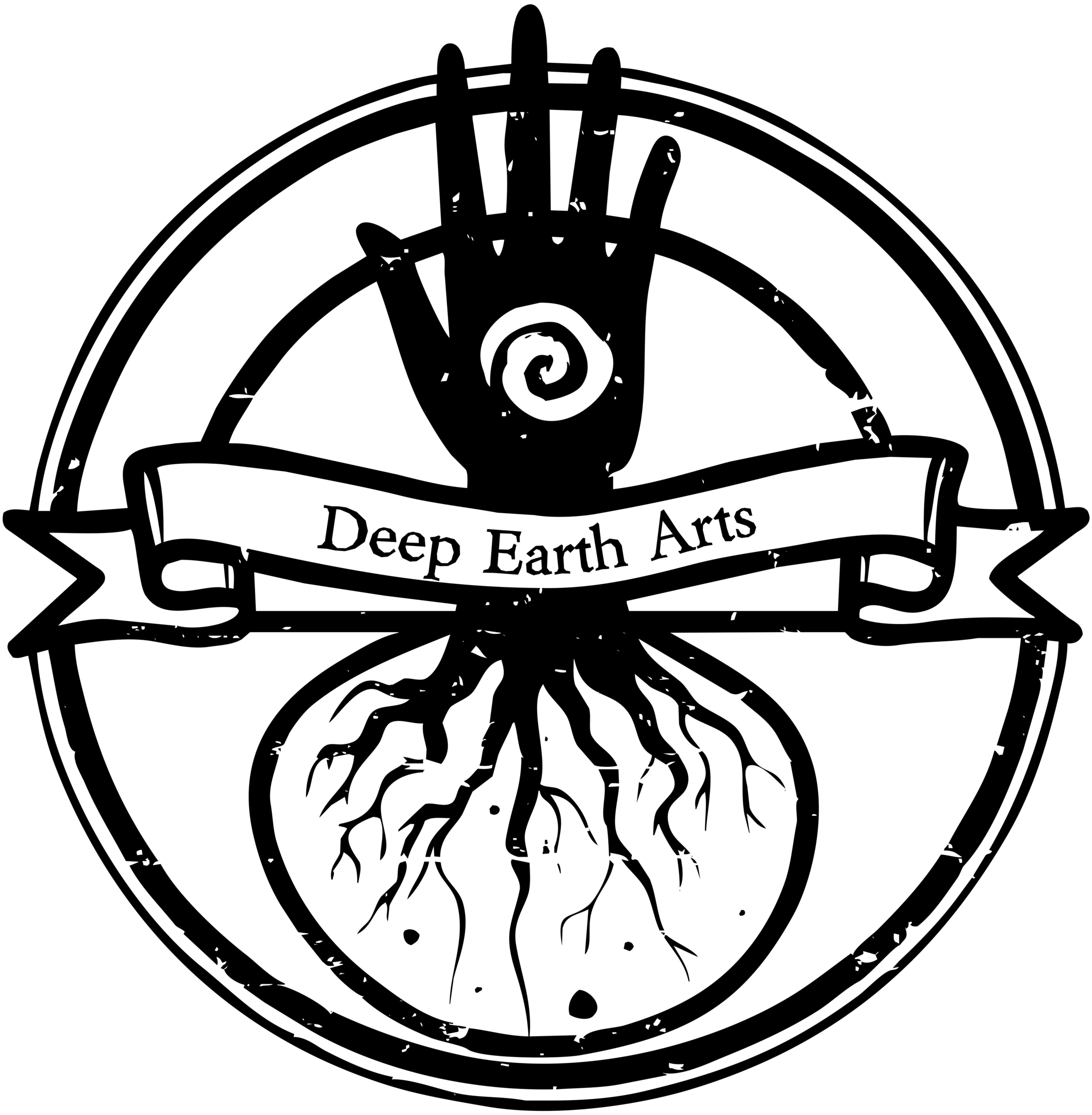Stories and Magic
I remember the first “official” storyteller I ever saw. He was performing in front of a local library. I was rather young (no more than 12 years old) and it was summer, as we were outside. He had a poofy purple shirt that even I thought at the time was a little ridiculous. He told a few stories that day, but I only remember one (which is pretty good, I think, for being told over two decades ago). It was the story of a woman who was working as a maid at night. The Devil decides to visit her and take her as a bride. With the help of a talking mouse, she tricks him out of a whole bunch of riches, and delays him until the morning, when he is forced to disappear. Later on, an unkind character takes her place as a maid, and the Devil decides to come with her. She becomes greedy, doesn’t listen to the mouse’s advice, and ends up being taken away as the Devil’s bride.
I find it interesting how this story and storyteller has stuck with me throughout all these years. I think it was when I first fell in love with the art of live storytelling. Storytelling can pack quite an emotional punch! I think most of us have had the experience of watching a movie that affected us so deeply that we had to process it for days after. A well told story can shake us to our core!
Live storytelling and song served as entertainment in the world before movies, but they also served as a way of passing down information and knowledge. Putting knowledge into a pattern that our brain enjoys is a highly effective way to remember something! A technique for quick memorization, called “The Memory Palace,” uses our mind’s spatial recognition and its love of story progression to remember a random list. It’s famously used by people who are competitive memorizers (it really is a thing). I believe that stories work that way, especially when relying on oral tradition to continue the dissemination of knowledge. The story of the Devil and his would be bride that I heard as a child is a moral tale, speaking to the virtues of patience, keeping one’s wit about them, and being open to listening to the wisdom of others. Ignoring good advice that has proven worth and being too egotistical are ways to end up in a real bad situation.
Storytelling was (or is) the art of Shamans, Druids, and Bards. It was the vehicle for information on how to live, and why things were the way they were. In other words, storytelling is where myth is born. While the story itself may not be rooted in truth, there is a truth about the world from the storyteller’s perspective that they are trying to give to the audience. Perhaps myth is so effective and so intriguing because it is a vehicle that still interacts with a more subconscious part of ourselves.
Ceremony is a certain form of storytelling. Many times we are calling in mythical powers in ritual. Whether you believe these figures exist outside of your consciousness is usually irrelevant. They are there for the story you are creating, or the story that you are trying to change. I’ve mentioned before that magic works best on the magician doing the ritual. The ceremony is a pivotal part in your story, the point where your journey changes to go where you are trying to get it to go. You are using symbols, sounds, and other sensory tools (just like a good storyteller) to communicate with your subconscious. A good story will convince the audience to change in some way, or reinforce thoughts or actions that the audience are already involved in. Good ritual does the exact same thing.
So when someone feels that a song, or a movie was a changing point in their life, they have experienced magic! The artist used the tools of story, sound, and symbol in a way to change the person they are entertaining. This is the power of storytellers.
As a side note, this is also the power of media. TV commercials are designed to use sound and symbol to make you buy something. The best commercials (or the most memorable) are the ones that elicit an emotional response out of you. They then use that emotional response to direct your action (in other words, buy their products). John Michael Greer, a favorite occult writer of mine, has called advertising a form of “black magic” and, while funny, it’s also kind of true. Effective politicians do the same thing. Creating the emotional response of fear, then directing that fear to a certain action is an incredibly useful, and incredibly immoral tool.
So, look for how stories direct your life this week. They can be fictional stories that strongly affect you, or true stories that direct you and your actions. Even look at your internal narrative in which you are the hero. These are the really interesting stories that define us! Also consider how you can change these stories or narratives. That is the beginning of life changing magic, I promise you.
Until next time,
-The Green Mountain Mage
